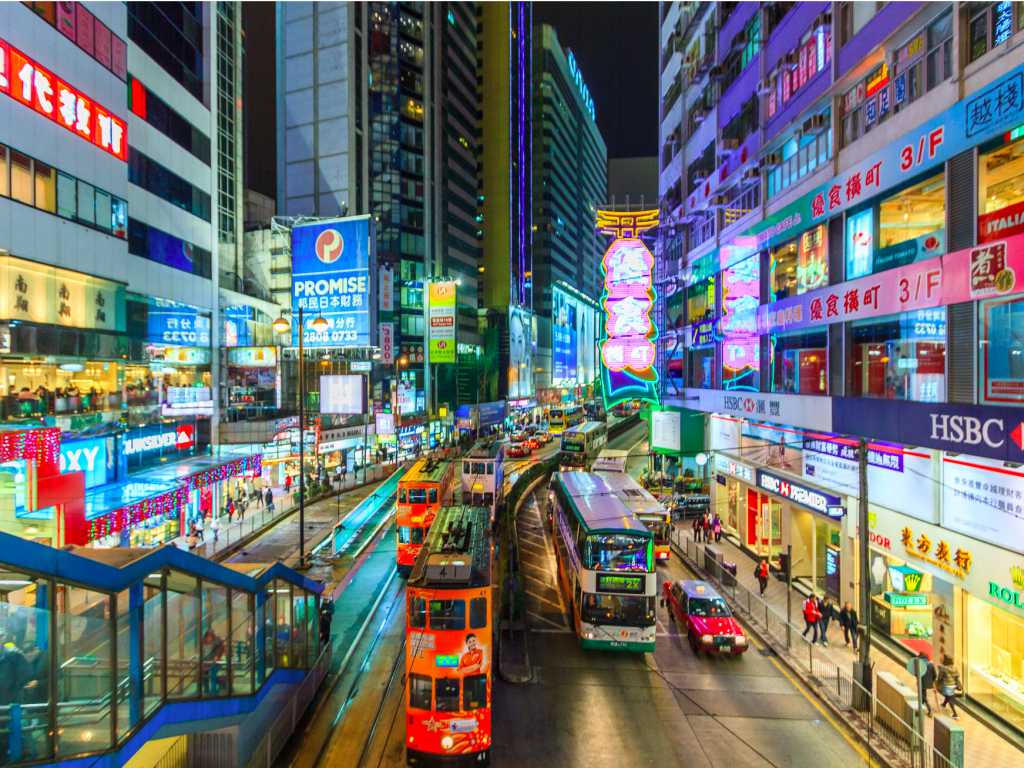
Though the government kept its full-year estimate for 2016 in the middle of its previous forecast range of between 1 and 2 percent, underlying momentum slowed from the June quarter.
Looking ahead, the government expects growth to remain on a modest track in the near term due to a number of concerns, including the likely trend of rising interest rates in the United States and elevated geopolitical risks elsewhere.
“There is a need to stay alert to these risks for their possible repercussions on the global financial and economic situation,” it said in a statement.
The economy grew a seasonally-adjusted 0.6 percent in the third quarter, compared with a downwardly revised 1.5 percent in the June quarter. Economists surveyed by Reuters had predicted growth of 0.3 percent.
From a year earlier, the economy expanded 1.9 percent in the third quarter compared with 1.7 percent in the previous quarter and economists’ expectations of 1.6 percent.
A marked slowdown in exports and weaker growth in private consumption and government spending combined to push down GDP in the third quarter.
Hong Kong’s services sector has also been in a prolonged slump with retail sales falling for the 19th straight month in September as a strong local currency crimped business activity and tourism.
Slower economic growth could pile further pressure on Hong Kong leader Leung Chun-ying ahead of an election next year and amid rising tensions with the central government in China over concerns of increased meddling by Beijing in the city’s affairs.
Hong Kong’s benchmark index closed down 1.4 percent before the data on Friday, capping a turbulent week in financial markets in the wake of Donald Trump’s surprise presidential win at the U.S. elections.
The former British colony’s economy is now more vulnerable as it struggles with weaker retail sales and a slump in cash-rich mainland Chinese streaming across the border on shopping sprees.
Prospects for Hong Kong could be further compounded by new U.S. trade policies and China’s economic performance at a time when exports are weak and economists are waiting to see the impact of property cooling measures imposed this month.
The government said it would raise stamp duties on home purchases to 15 percent, across the board, effective Nov. 5.
Some economists said the once vibrant city would continue to face pressure from global economic uncertainty as well as increasing tensions with Beijing that could threaten stability and impede policymaking.